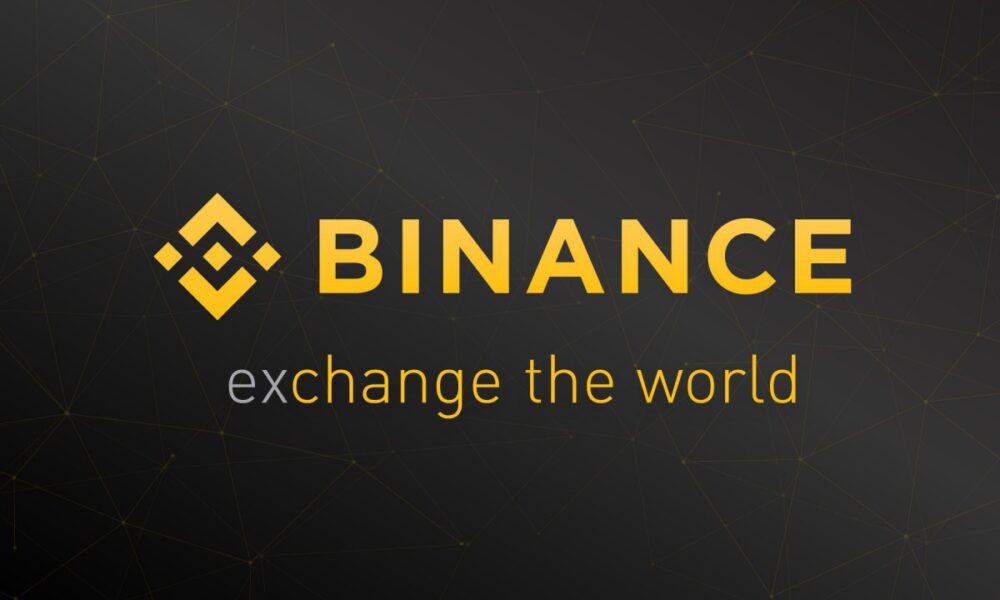Cryptocurrency
Singapore Tells Binance to Halt Service in Latest Crypto Hit

Binance Holdings Ltd. must stop offering services regulated in Singapore after a potential breach of local payment rules, adding to a mounting list of jurisdictions scrutinizing the world’s largest cryptocurrency exchange.
Binance may be in breach of the Payments Services Act for providing payment services to, and soliciting business from Singapore residents without an appropriate license, the Monetary Authority of Singapore said Thursday, in response to questions from Bloomberg.
As Binance didn’t apply for a license under local law, the MAS has added Binance.com to the investor alert list, which warns consumers that Binance isn’t regulated or licensed to provide any payment services locally.
The Singapore regulator’s warning marks the latest blow for Binance, which has grown quickly since its 2017 debut and doesn’t have a global headquarters. While Binance has also drawn scrutiny from regulators in the U.S., the U.K., Thailand, Malaysia and Japan, many crypto bulls say tougher frameworks are a sign of market maturity offering more protection for investors that could lure more money to digital assets.
‘Holistic View’
“MAS is likely to take a holistic view on the application and consider the fact that Binance (global) has been put on the investor alert list,” said Nizam Ismail, founder of Ethikom Consultancy, a Singapore-based consultant, which advises firms on compliance and regulation. “Binance (global) would have to show that it has remediated any shortcomings and that it will not, going forward, solicit trades from Singapore resident customers.”
Binance Holdings, which operates globally, has local affiliates in some countries like the U.S. and U.K. — and in Singapore, with Binance Asia Services, which operates Binance.sg. BAS recently submitted a license application and is currently exempted from holding a license for the provision of digital payment token services, according to the MAS. That application remains under review.
The company’s Singapore operations are conducted by a separate legal entity from Binance.com, with its own local executive and management team, and does not offer any products or services via the Binance.com website or other related entities, and vice versa, Binance Singapore said in an emailed reply to Bloomberg.
That entity earned S$645,291 ($480,840) in revenue for the financial year ending March 2020, compared with zero during the previous year, according to a filing to the Accounting and Corporate Regulatory Authority.
Singapore isn’t the first country to take action against Binance. The U.K. banned the exchange from doing regulated business in Britain and Japan’s Financial Services Agency has warned it’s operating without registration. In the U.S., Bloomberg reported it has been the subject of a probe by the Securities and Exchange Commission.
MAS has been engaging BAS and expects the firm to immediately begin an orderly suspension of its facilitation of transfers of digital payment token assets between BAS and Binance, according to the regulator. The Singapore unit of Binance will inform its customers of the appropriate arrangements as soon as practicable, according to MAS.
Binance CEO Zhao Changpeng, a Canadian citizen, resides in Singapore and is the majority shareholder of Binance Asia Services, according to ACRA. Temasek Holdings Pte.’s Vertex Venture Holdings Ltd. is an investor in Binance Asia.
The company recently hired Richard Teng, the former regulator who spent two decades at the MAS and Singapore Exchange Ltd., to lead its Singapore entity. Teng’s appointment follows comments from Zhao who said Binance would establish multiple headquarters globally and is looking for regional CEOs — as well as, potentially, his successor — with compliance experience a big focus in the selection process.